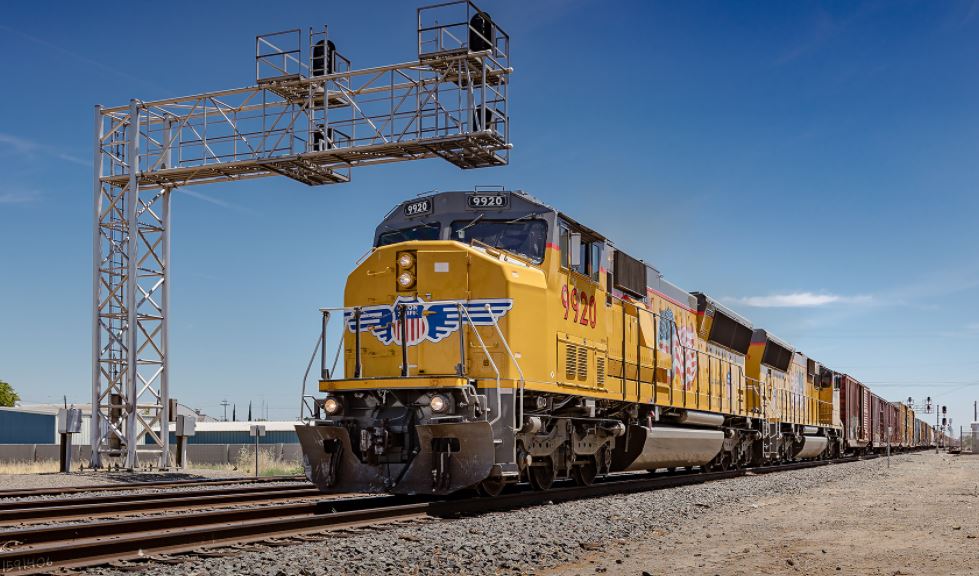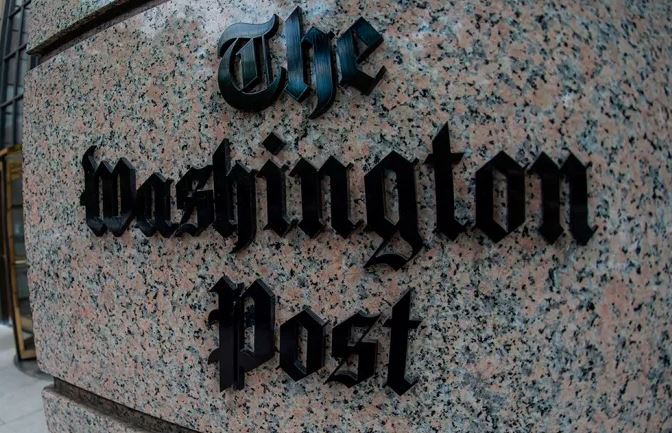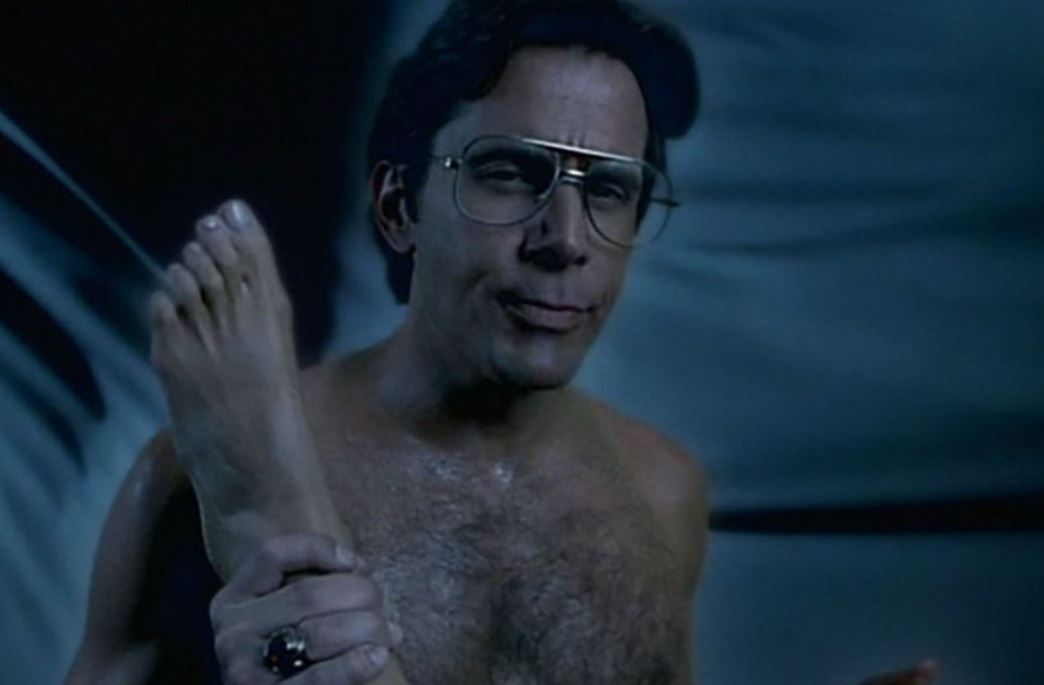
The White House managed to avoid a railroad worker strike this past Friday with a tentative deal, but the workers don’t appear to be satisfied with the language in the deal.
The White House-brokered agreement to avert a railroad strike has the potential to fall apart, threatening widespread economic disruption right before the midterm elections.
Rail workers are set to vote on the tentative deal reached between unions and railroads Thursday morning. If any of the 12 rail unions fail to ratify a new contract, nearly 125,000 rail workers could be headed for a strike.
The agreement would mandate two-person crews, cap health care costs and allow workers to take time off for medical appointments or other scheduled events without being penalized, all key concessions won by unions.
The deal also provides 24 percent raises over five years, back pay and cash bonuses, similar terms to those offered by the White House-appointed presidential emergency board (PEB) last month.
But nearly 36 hours after the agreement was announced, rail workers said they still didn’t have concrete details on sick leave and voluntarily assigned days off. That’s raised some doubts about just how strong the new contract language is.
Ron Kaminkow, an organizer at Railroad Workers United, which represents rank-and-file railroaders, said that there’s “a lot of anger, confusion and hostility” toward the new agreement, which many workers feel is intentionally vague.
“Workers are pissed off and this time we actually have a lot of leverage,” said a locomotive engineer at Norfolk Southern who asked to remain anonymous for fear of retaliation. “I know I’m not going to accept anything less than what we deserve.”
The two largest rail unions warned during negotiations that their members wouldn’t approve a contract that doesn’t quell outrage over unpredictable scheduling, unsafe working conditions and a lack of sick leave.
If the workers do actually go on strike, it would be a major blow to the already collapsing American economy. There’s all sorts of goods and products that are shipped via rail and if there are no workers to operate the system, the amount of disruptions this could cause would be non-trivial in nature.
We’ll just have to see how this develops. This is just another crack in an unending number of cracks in the American financial system.








